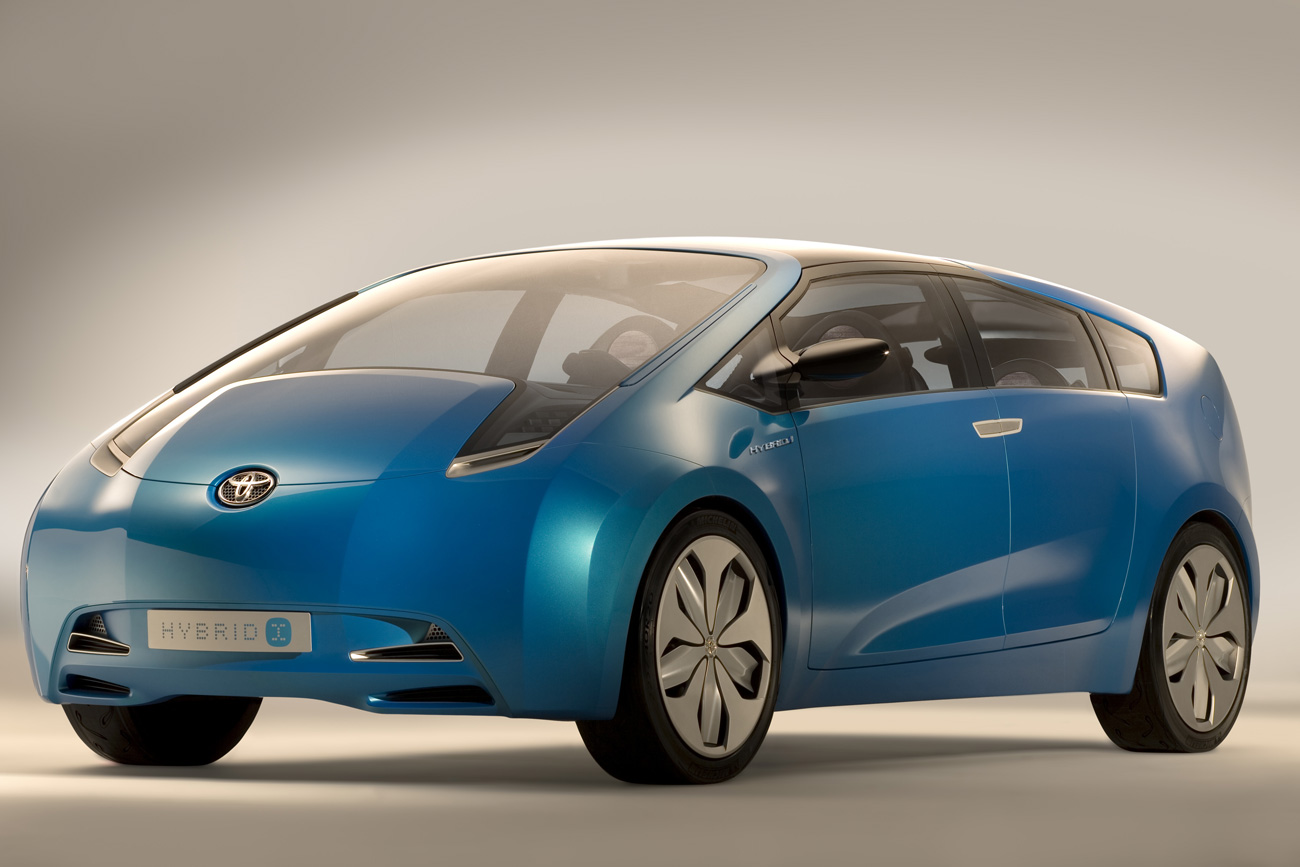 Ever since 2005, the IRS has been giving a tax credit to individual taxpayers who drive cars which use alternative fuel sources. There was at one time just a clean fuel burning deduction available to green minded taxpayers, but this only applied to gas-electric hybrid vehicles. In 2005, however, this was replaced by the current legislation, the Energy Policy Act. By the terms of this 2005 law, the tax credit is taken directly from the total amount of tax which the taxpayer would otherwise owe. This reduces or can even eliminate the tax which the individual in question must pay. If you are unsure whether or not your particular "green" vehicle qualifies for this credit, you can ask your car manufacturer or your local dealership.
Ever since 2005, the IRS has been giving a tax credit to individual taxpayers who drive cars which use alternative fuel sources. There was at one time just a clean fuel burning deduction available to green minded taxpayers, but this only applied to gas-electric hybrid vehicles. In 2005, however, this was replaced by the current legislation, the Energy Policy Act. By the terms of this 2005 law, the tax credit is taken directly from the total amount of tax which the taxpayer would otherwise owe. This reduces or can even eliminate the tax which the individual in question must pay. If you are unsure whether or not your particular "green" vehicle qualifies for this credit, you can ask your car manufacturer or your local dealership.If you have bought a hybrid vehicle after January 1 2006, then your vehicle (and you, happily!) qualify for this tax credit. This tax credit will also apply to your vehicle if you have begun to use your car after this date.
A hybrid vehicle is, by the definition given in this law a vehicle having drive trains which are powered by a rechargeable battery of some sort in addition to an internal combustion engine. Most hybrid vehicles which are available on the market currently do in fact qualify for this credit.
The credit provided for in the Energy Policy Act applies only to those who have purchased a new vehicle that meets these criteria. If this vehicle is leased rather than purchased outright by a consumer, it is the leasing company instead of the end user may claim this tax credit.
Let's have a look at how large of a credit you will be eligible to receive for your hybrid vehicle. This information is current as of January 2008:
1. Make: Chevrolet
Model: Malibu Hybrid, Amount of Credit: $1,300
Model: Tahoe Hybrid 2WD and 4WD, Amount of Credit: $2,200
2. Make: Ford
Model: Escape Hybrid 2WD, Amount of Credit: $3,000
Model: Escape Hybrid 4WD, Amount of Credit: $2,200
3. Make: GMC
Model: Yukon Hybrid, Amount of Credit: $2,200
4. Make: Honda
Model: Civic CVT, Amount of Credit: $0 to $2,100 depending upon date of purchase.
5. Make: Mazda
Model: Tribute 2WD, Amount of Credit: $3,000
Model: Tribute 4WD, Amount of Credit: $2,200
6. Make: Mercury
Model: Mariner Hybrid 2WD, Amount of Credit: $3,000
Model: Mariner Hybrid 4WD, Amount of Credit: $2,200
7. Make: Nissan
Model: Altima Hybrid, Amount of Credit: $2,350
8. Make: Saturn
Model: Aura hybrid, Amount of Credit: $3,000
Model: Vue Green Line, Amount of Credit: $1,550
9. Make: Toyota
Model: Camry Hybrid, Amount of Credit: $0 to $2,600 depending on date of purchase
Model: Prius, Amount of Credit: $0 to $3,150 depending on date of purchase
Model: Highlander Hybrid 4WD, Amount of Credit: $0 to $2,600 depending on date of purchase
10. Make: Lexus
Model: RX 400h 2WD and 4WD, Amount of Credit: $0 to $2,200 depending on date of purchase
Model: LS 600h L Hybrid, Amount of Credit: $0 to $1,800 depending on date of purchase
Ryan Edward and his team have reviewed all of the so-called best of the best, Water For Gas guides on the market. He shares their findings and shows you the results from their extensive Water For Gas Guide Reviews at his website. To visit Ryan's website now please click on the following link...
Go To: http://www.RyseReviews.com/HHO
Article Source: http://EzineArticles.com/?expert=Ryan_Edward




